by Peter Cross
When one thinks about the major conspiracy theories of the post-World War II era, one is drawn to the assassinations of President John F. Kennedy, Reverend Martin Luther King, Jr., and Senator Robert F. Kennedy. However, there is one incident that happened at the end of World War II that has been given little or no notice by historians since it occurred more than 60 years ago: Was General Patton murdered?
The life of George Patton was brought to the big screen in the blockbuster 1970 movie Patton, starring George C. Scott, which told his story to a mass audience. Another movie based on the circumstances surrounding the death of Patton was Brass Target, based on Frederick Nolan’s novel The Algonquin Project. The theme of Brass Target is that there was a vast conspiracy to kill Patton, part of which was the auto accident that he was involved in after the war.
On the face of it, a conspiracy in the death of Patton might sound silly or inconceivable. But over the years, certain circumstantial evidence has come forward from multiple sources that put that theory in a new light.
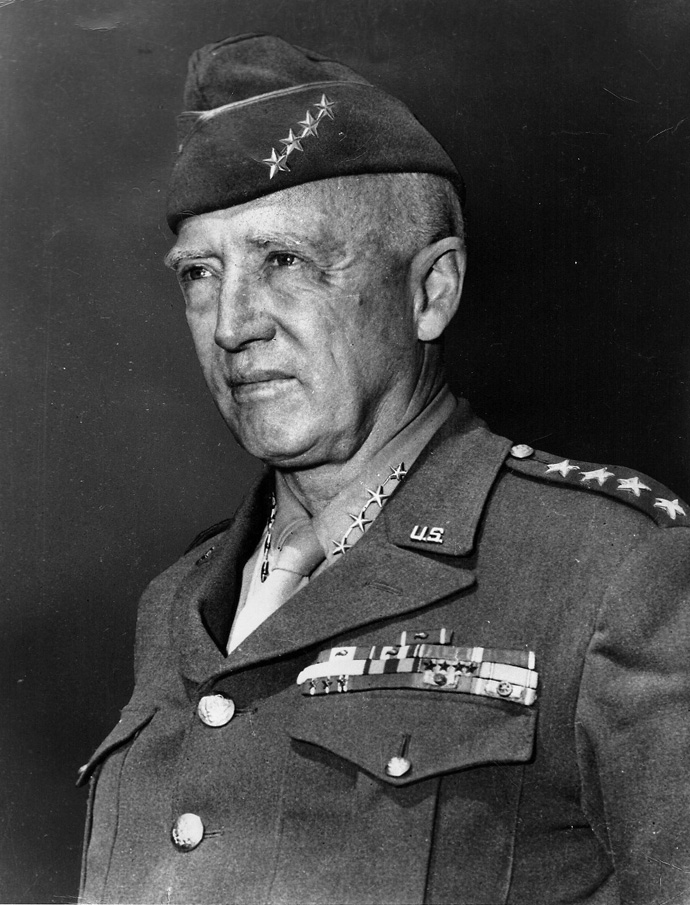
General Patton Was Frequently in Hot Water With High Command
In October 1940, Patton was promoted to brigadier general and given command of the 2nd Armored Division at Fort Benning, Georgia. After the United States entered the war, Patton’s troops waded ashore in North Africa in November 1942 during Operation Torch. His troops took Morocco and subsequently participated in the Allied invasion of Sicily in July 1943.
Some aspects of Patton’s conduct in Sicily got him into trouble with the Allied high command. During the Messina operation, 73 Italian prisoners were killed by Allied soldiers of the 45th Division. Two men were put on trial for the crimes. In their defense, the men said they carried out the attack because they were obeying orders from Patton, who had told his men in a June 27 speech that they should take no prisoners. To prevent a full-fledged scandal from breaking out, General Omar Bradley decided to drop all the charges against the two American soldiers.
Patton also got into hot water in an incident that took place on August 3, 1943. While visiting the 15th Evacuation Hospital, Patton asked Private Charles Kuhl why he was in the hospital. Private Kuhl replied, “I guess I can’t take it.” Witnesses said that the general slapped him with his glove and pulled him up forcibly by his collar.
A second incident involving Patton took place a week later when the general was at the 93rd Evacuation Hospital, where he was making an inspection tour of the sick and wounded. He spoke to Private Paul Bennett, who told him that he was in the hospital because of his nerves. Patton shouted at Private Bennett, calling him a coward and a disgrace. “You ought to be lined up against a wall and shot,” bellowed Patton.
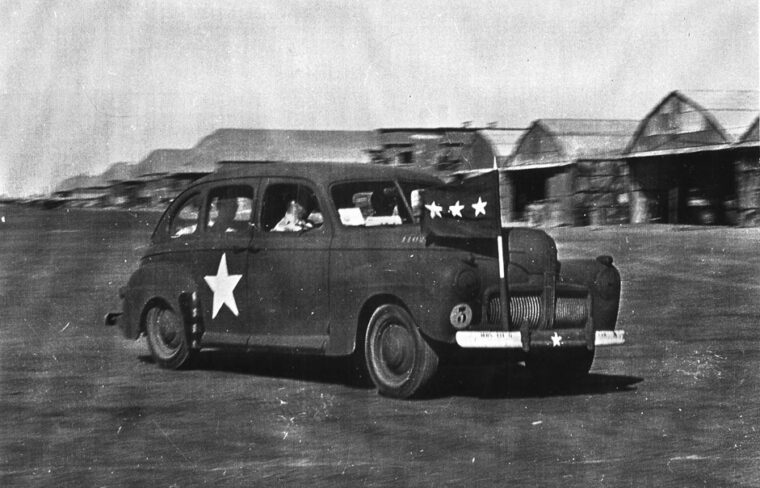
An Accident Waiting to Happen
Throughout the war, Patton was an accident waiting to happen. He showed no inclination to compromise, especially when it came to the running of the war. He made as many enemies as friends, both in the American and Russian military establishments. In time, both the United States and the Soviet Union would tap his phone in an effort to find out what the irascible general was doing.
While he was still stationed in Germany, Patton’s vehicle was struck by a truck on December 9, 1945. Patton was the only one hurt. Curiously, the incident was not investigated to its full extent. One person who was at the scene of the accident, Lieutenant Joseph Shanahan, a former provost marshal of Patton’s Third Army, said that the accident did not kill Patton (he was hospitalized and subsequently died in a military hospital in Germany). Shanahan said that no official investigation of the accident was undertaken by the U.S. Army. Of the incident, Shanahan later said, “By the time the MPs got there, there was nothing to report. They considered it a trivial accident at the time. No one thought that Patton was hurt at all.”
The Babalas Investigation
Another military officer who was on hand at the scene of the accident was military police officer Lieutenant Peter Babalas of the 818th Military Police Company at Mannheim, Germany. In later life, Babalas was to serve as a state senator in Virginia. Around 11:45 am, he and his partner, Lieutenant John Metz, had passed Patton’s car, going in the opposite direction. After hearing the crash, they turned around to provide whatever aid they could.
Babalas made an official investigation of the circumstances surrounding the accident and found that Patton’s driver, Private Horace Woodring and the driver of the truck that struck Patton, Robert Thompson, were directly responsible for the accident. Almost immediately after the accident, the Army’s Criminal Investigative Division spirited Thompson out of Germany and brought him to England where he stayed for a few days. The reason for his sudden trip to England ostensibly was for his own protection.
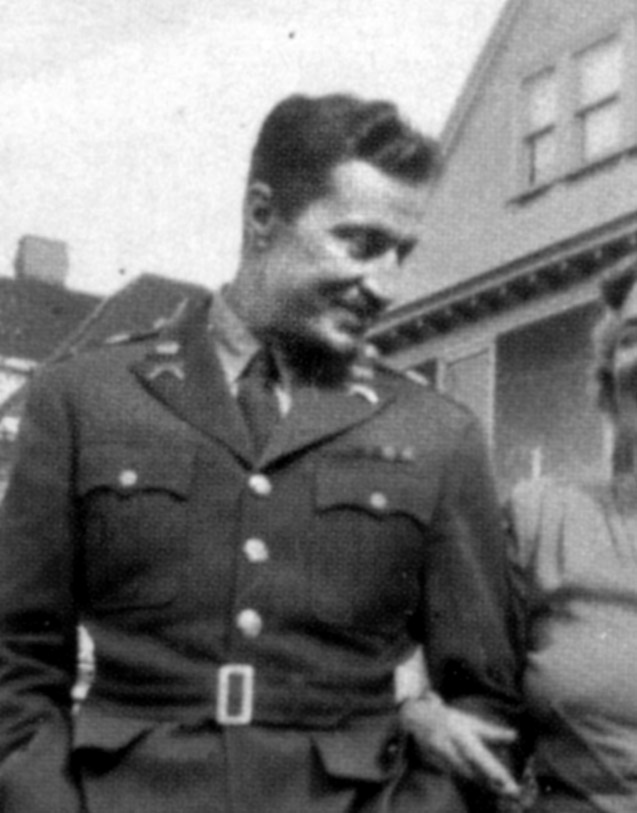
In 2008, author Robert Wilcox wrote a sensational book on the circumstances surrounding the accident and later death of Patton called Target Patton: The Plot to Assassinate General George S. Patton. The book, which caused a huge controversy, said that Patton had been assassinated on orders from high-ranking American military leaders.
One person whom author Wilcox interviewed for his book was a distinguished World War II veteran and assassin, Douglas Bazata. In 1979, Bazatta gave a two-part interview to the publication Spotlight, in which he made a sensational claim that Patton had been assassinated. In the first interview, he said that the Russians had the motive to kill Patton because he wanted the United States to go to war with them right after the end of World War II.
In the second installment which was called, “I Was Paid to Kill Patton,” he said that he was asked by none other than William Donovan, the head of the wartime Office of Strategic Services (OSS) to kill Patton. Bazata said that he did not take part in the Patton assassination because he knew Patton and liked him. He further said that the accident, which took place on December 9, 1945, had been arranged by someone he knew and would not name him. Bazata said that since the general had not died in the accident he was told, “A refined form of cyanide that can cause embolisms, heart failure, and things like that had been used to kill him later in the hospital. It had been made in Czechoslovakia, and, in small amounts, could be timed to kill over a period of 18 to 48 hours.”
Bazata proceeded to lay out his participation in the Patton assassination. In 1945, he was told by Donovan that he had orders from up the chain of command that Patton was considered a threat to the war effort and his actions could no longer be tolerated. Bazata told Patton of the internal threats against him, but the general brushed them aside. For his part, Bazata reluctantly went along with the plot. Bazata went on to say that he met an unidentified man whom he knew only as a “Pole” (Polish extraction), who was also ordered to kill Patton. Both men then began planning the general’s murder.
The Order to Have General Patton Murdered
On the day of Patton’s car accident, Bazata and his accomplice followed the general’s car, and when Patton stopped at a Roman ruin along the roadside, Bazata put something into the window of Patton’s auto that would leave an opening for a rifle shot to the target. He said that they had an Army truck that would run parallel to Patton’s car (the one that Horace Woodring was in) and then would deliberately turn into it. When the truck hit Patton’s car, a shot was fired, severely wounding Patton but not killing him. “Basically, they botched it, as happens more often than not, in such operations,” he said. Bazata said that in the confusion of the moment he went to the aid of the wounded general and then left among the confusion of the unfolding events. He then said that he went to Patton’s hospital with a poison concoction that had been made by both he and the Pole but that he was unable to get into Patton’s room. In his interview with Spotlight, Bazata said that the man who killed Patton went into his hospital room and killed him with a form of cyanide, which was made in Czechoslovakia and could cause heart failure or an embolism. It should be noted that after the general’s death, his wife Beatrice did not order an autopsy on her husband’s body. Therefore, if the cyanide theory is correct, and a substance was covertly put into Patton’s system, it went with him to the grave.
Bazata said that he had eight meetings with Donovan before and after the war. In one of these meetings, he said that Donovan asked him to kill Patton. Author Wilcox writes that he found a “restricted” OSS order while searching files at the National Archives that said that Bazata, Joseph La Gattuta, an Army officer and friend of Bazata’s during the war, and other unnamed American officers met with Donovan in Washington, D.C. The meetings with Donovan and Bazata occurred in 1943 in a hotel so as not to attract any unwanted attention.
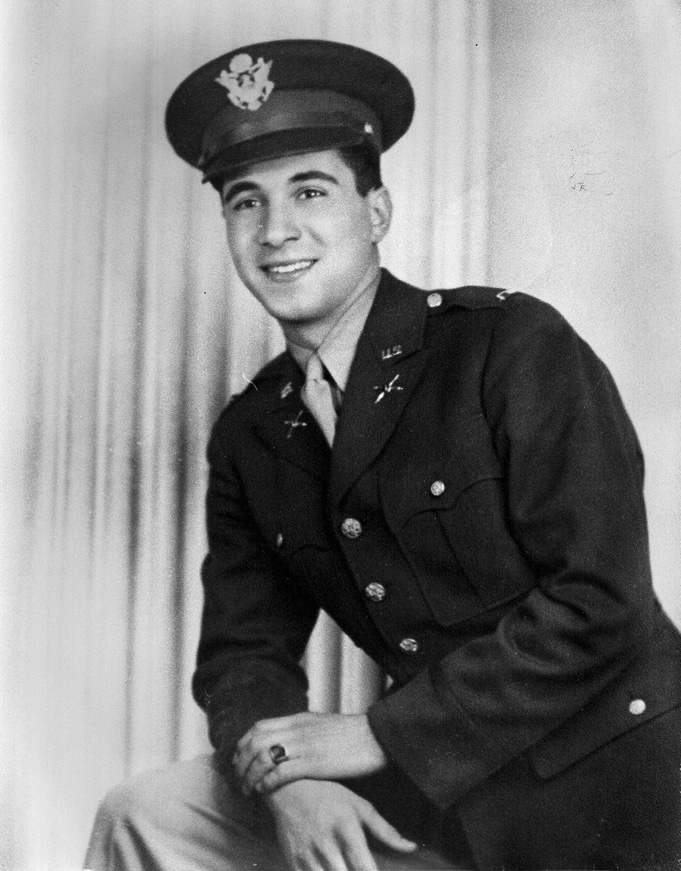
More Questions Than Answers?
The existence of so many anomalies in the circumstances before and after the death of Patton raises more questions than answers: missing files on the accident; no official investigation by American military officials; no autopsy on his body; the fact that the Cadillac he was riding in during the accident is not the same Patton car that is in the Patton Museum; and the fact that he was recuperating in a hospital before suddenly taking a turn for the worse and dying as a result of a probable embolism on December 21, 1945.
The death of George Patton has stirred new interest with a new book, Killing Patton: The Strange Death of World War II’s Most Audacious General, by Fox TV personality Bill O’Reilly and Martin Dugard. The authors delve into the many conspiracy theories surrounding the death of General Patton, giving special attention to the possible culprits as being Joseph Stalin and OSS leader Donovan. These are the same theories as postulated by Robert Wilcox in Target Patton.
Patton was buried in Europe with his beloved troops. But the circumstances of his death still lie unanswered almost 70 years later, seeking a final determination.
Originally Published Dec 15, 2014
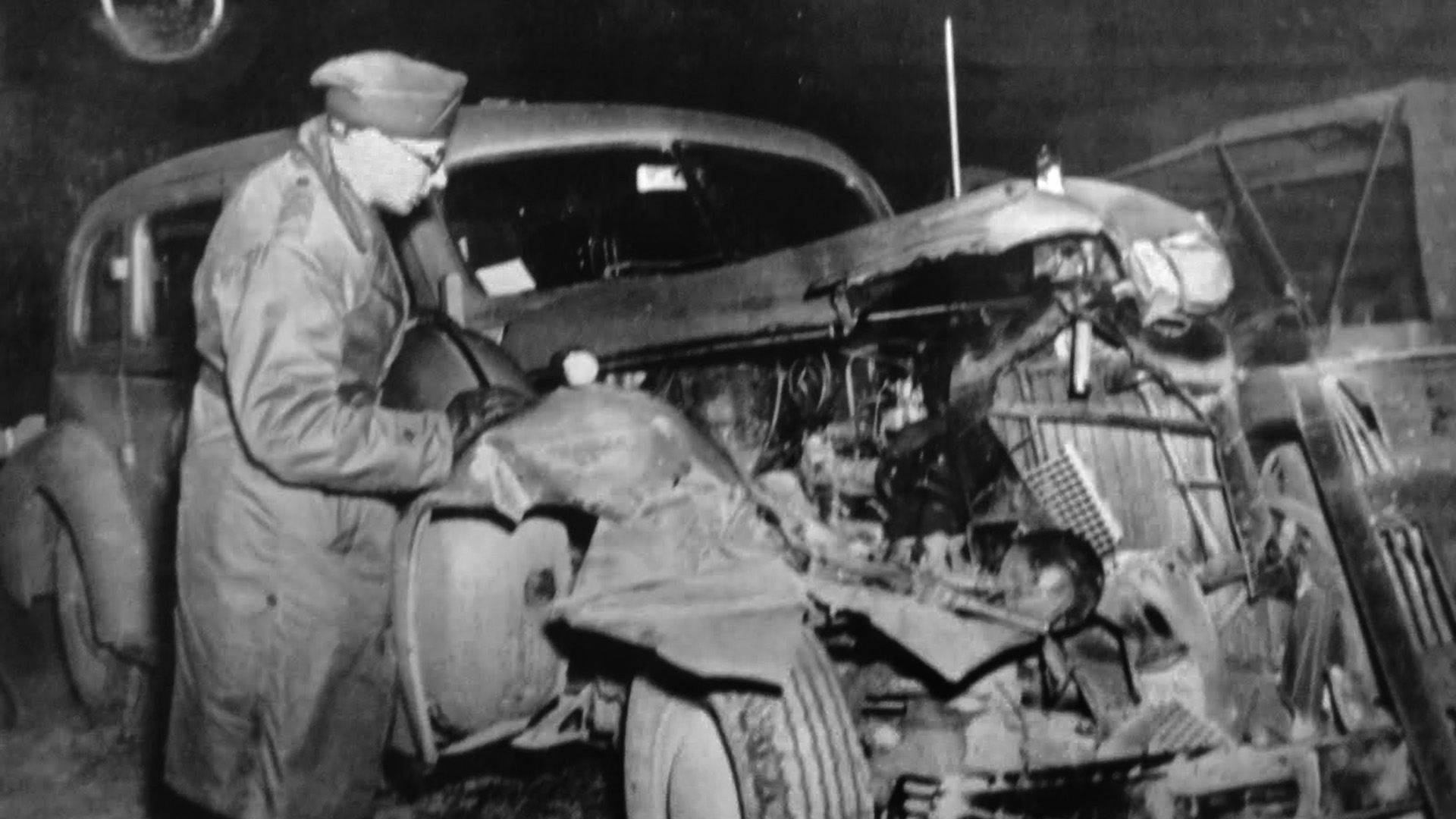


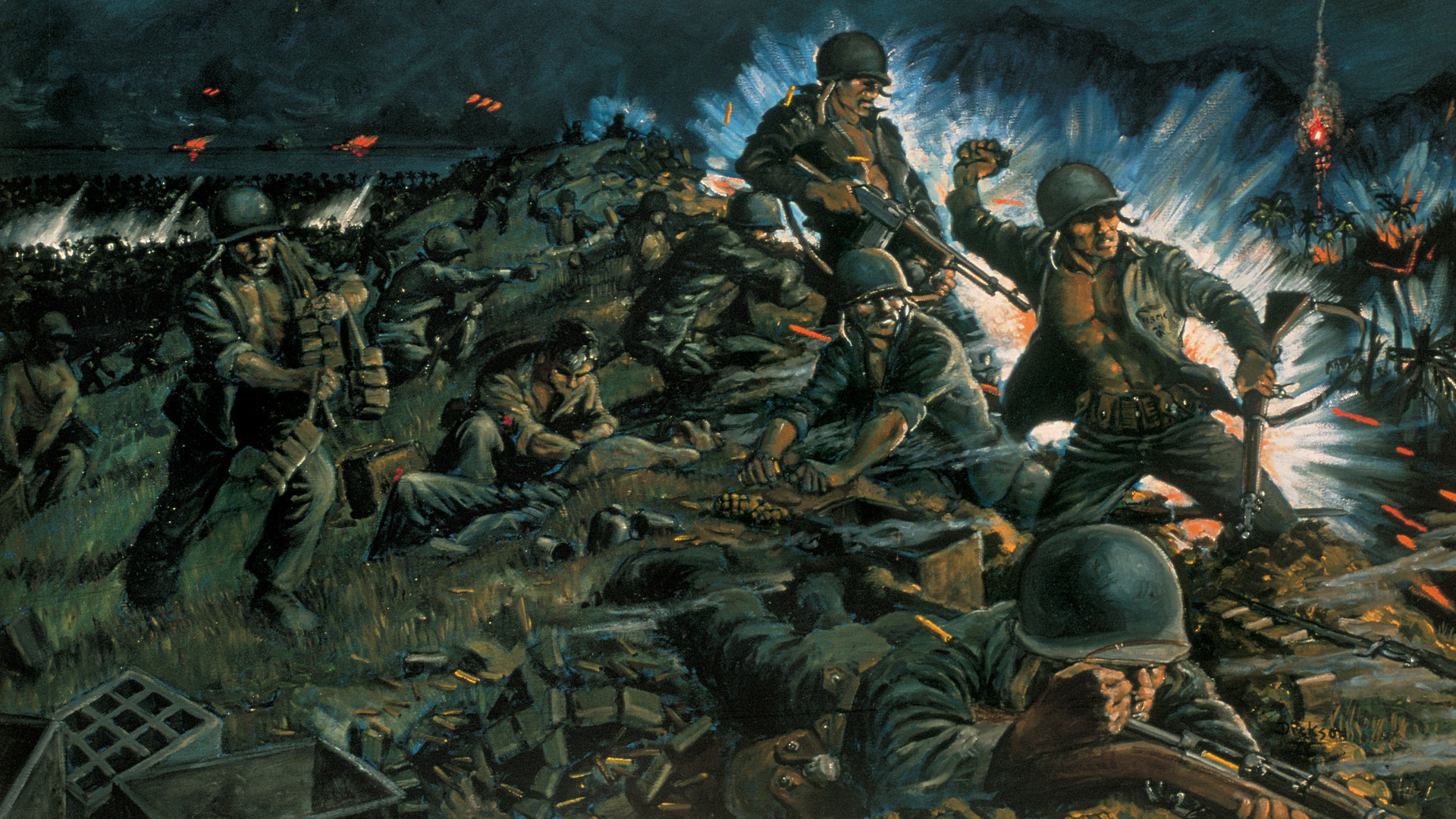
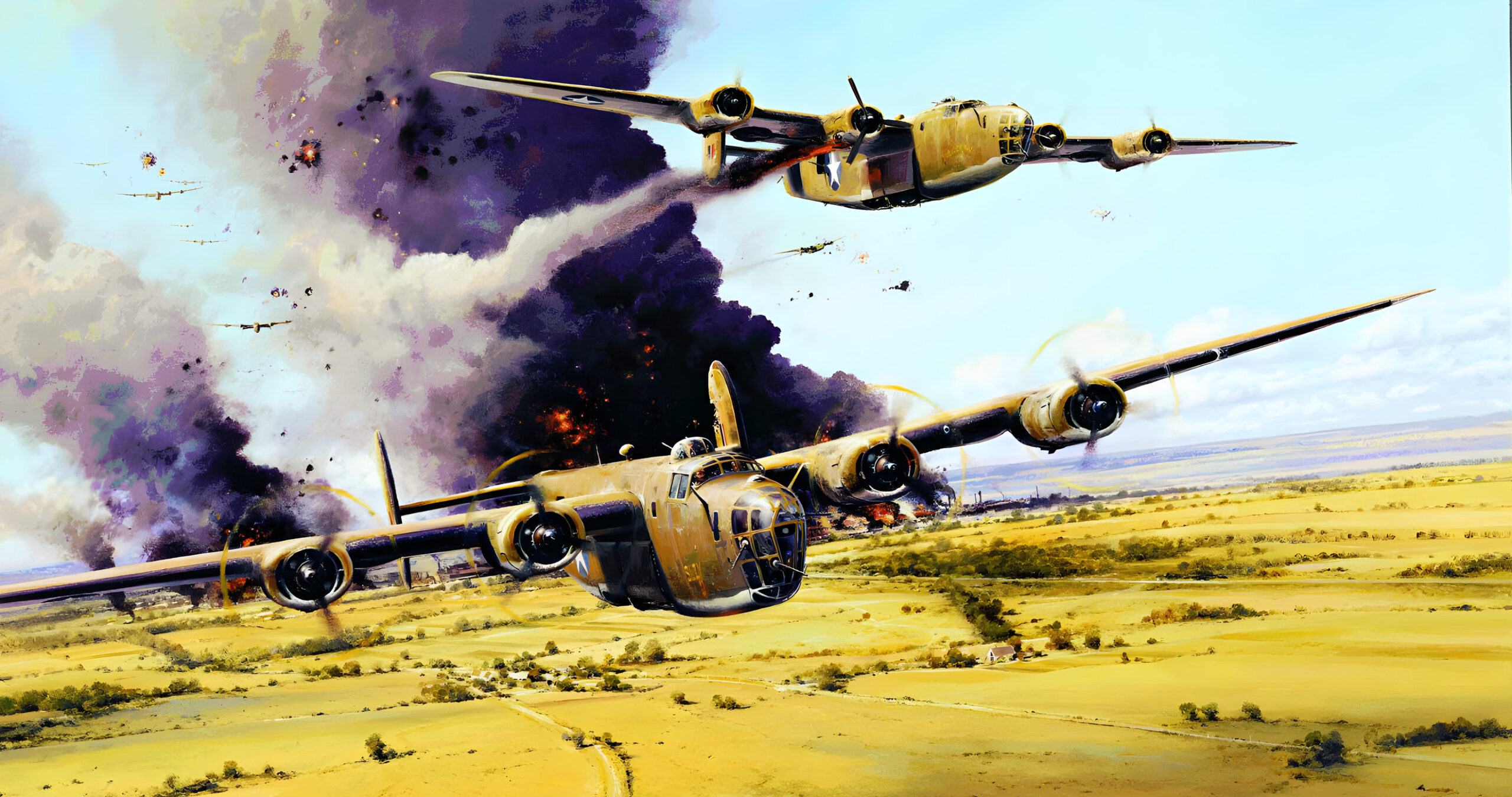
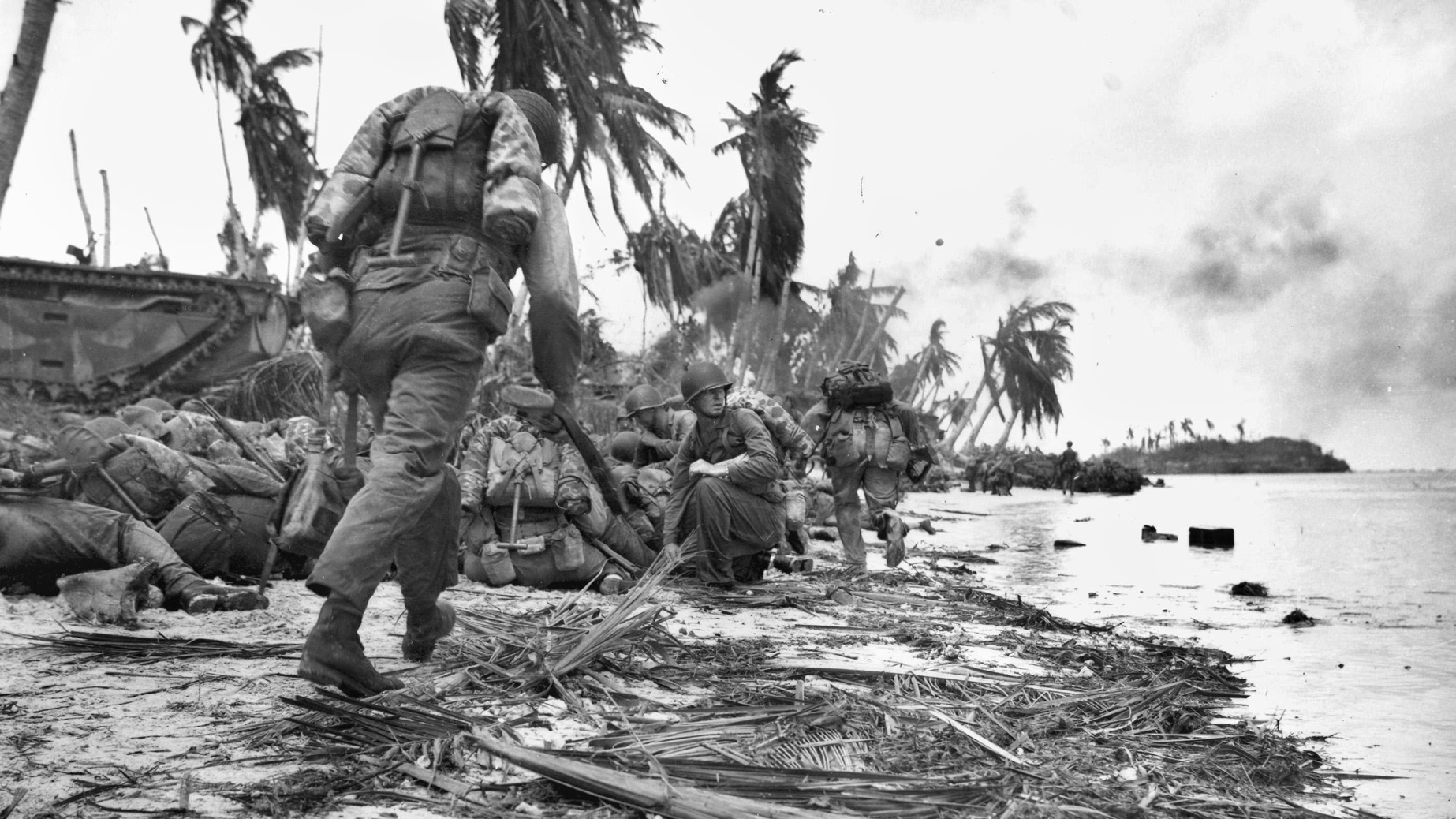
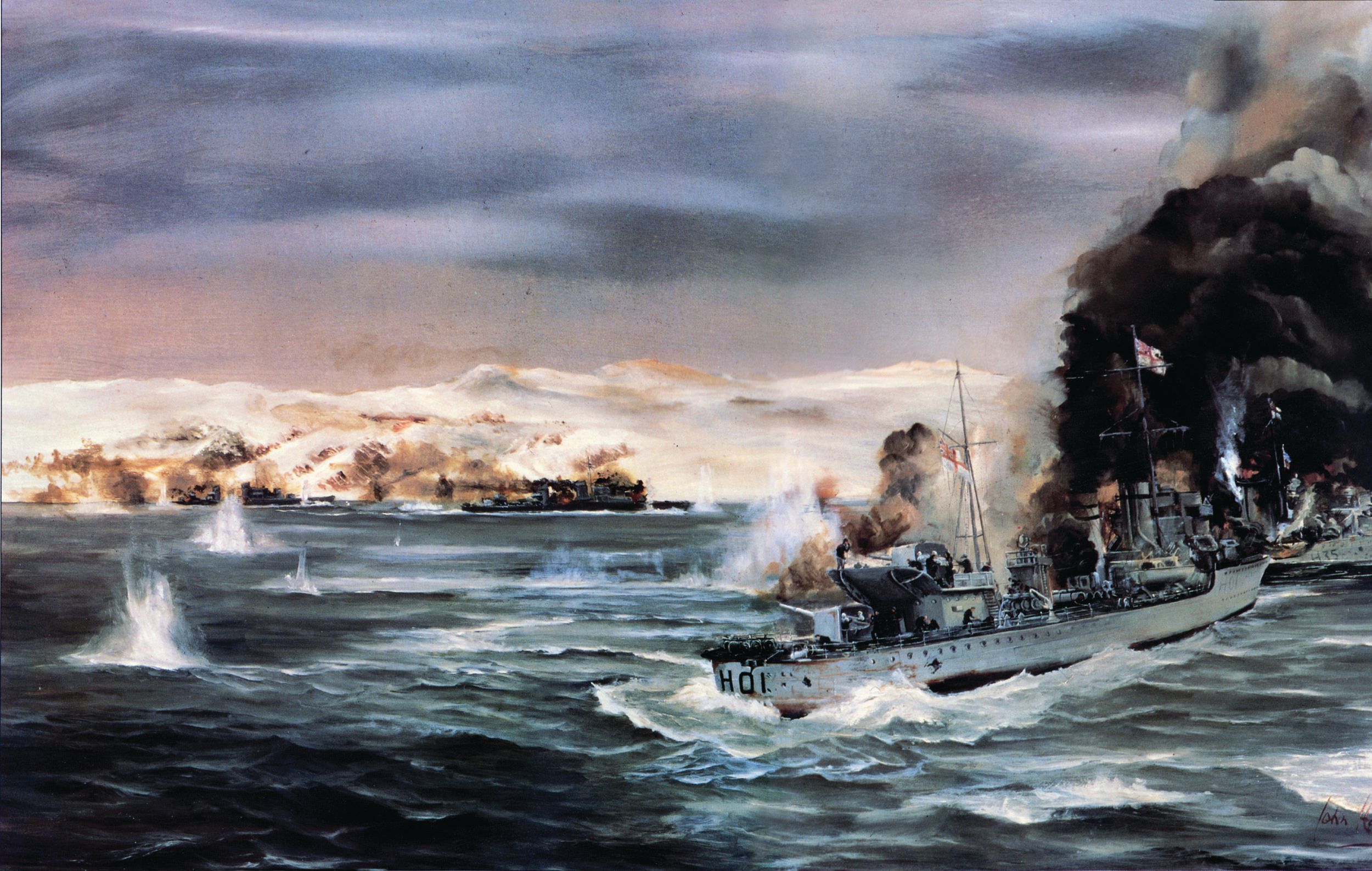
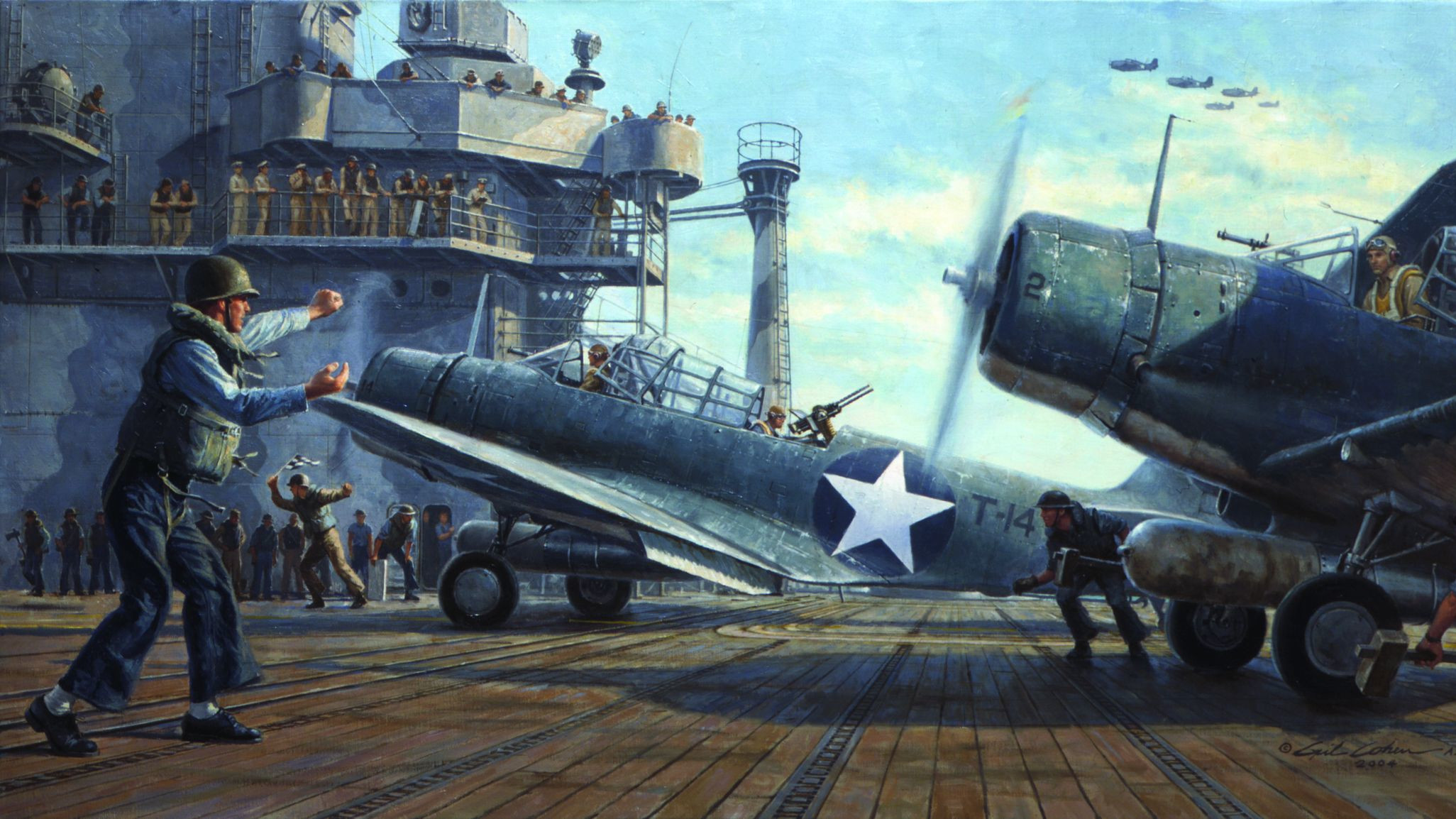
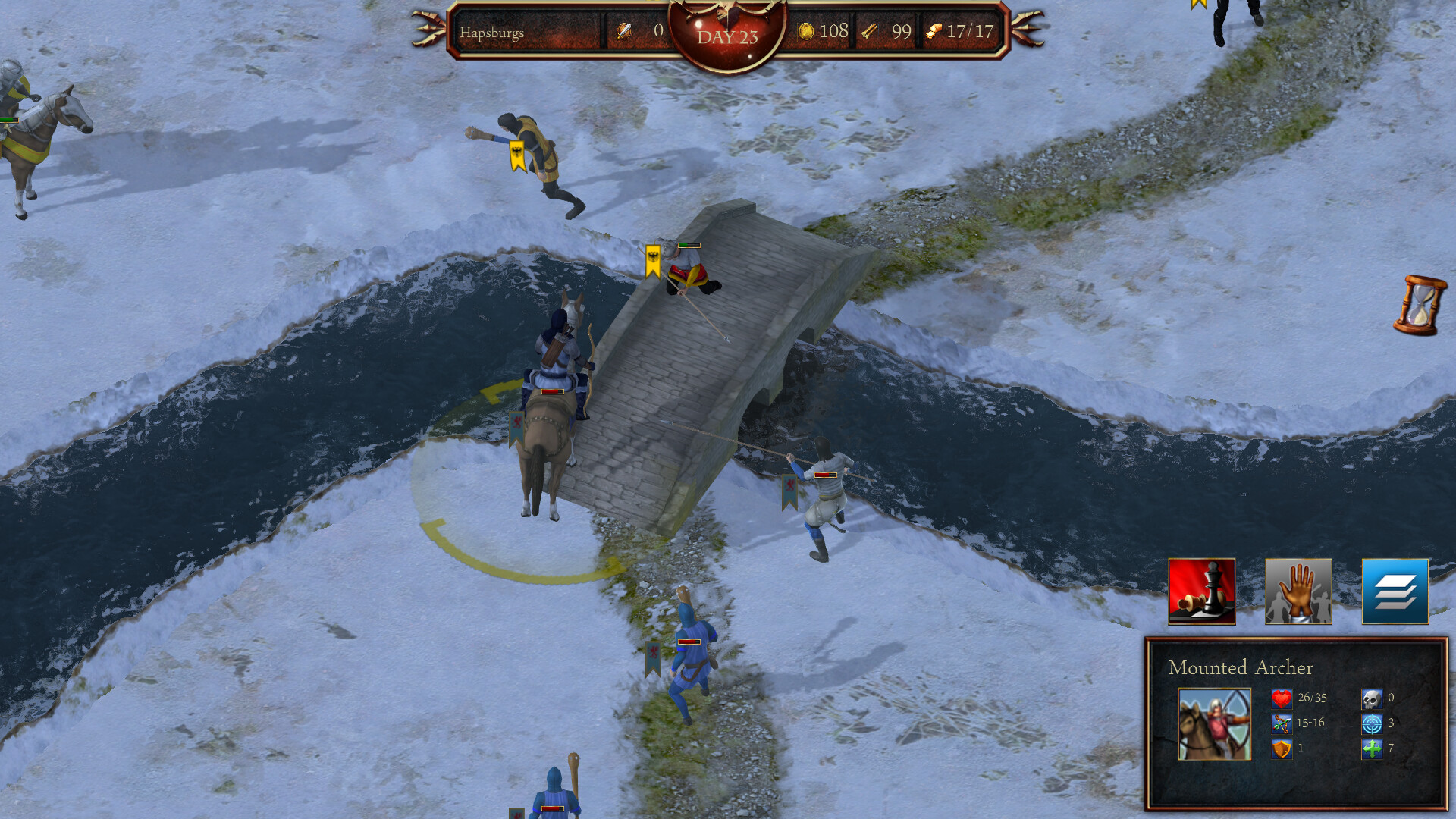
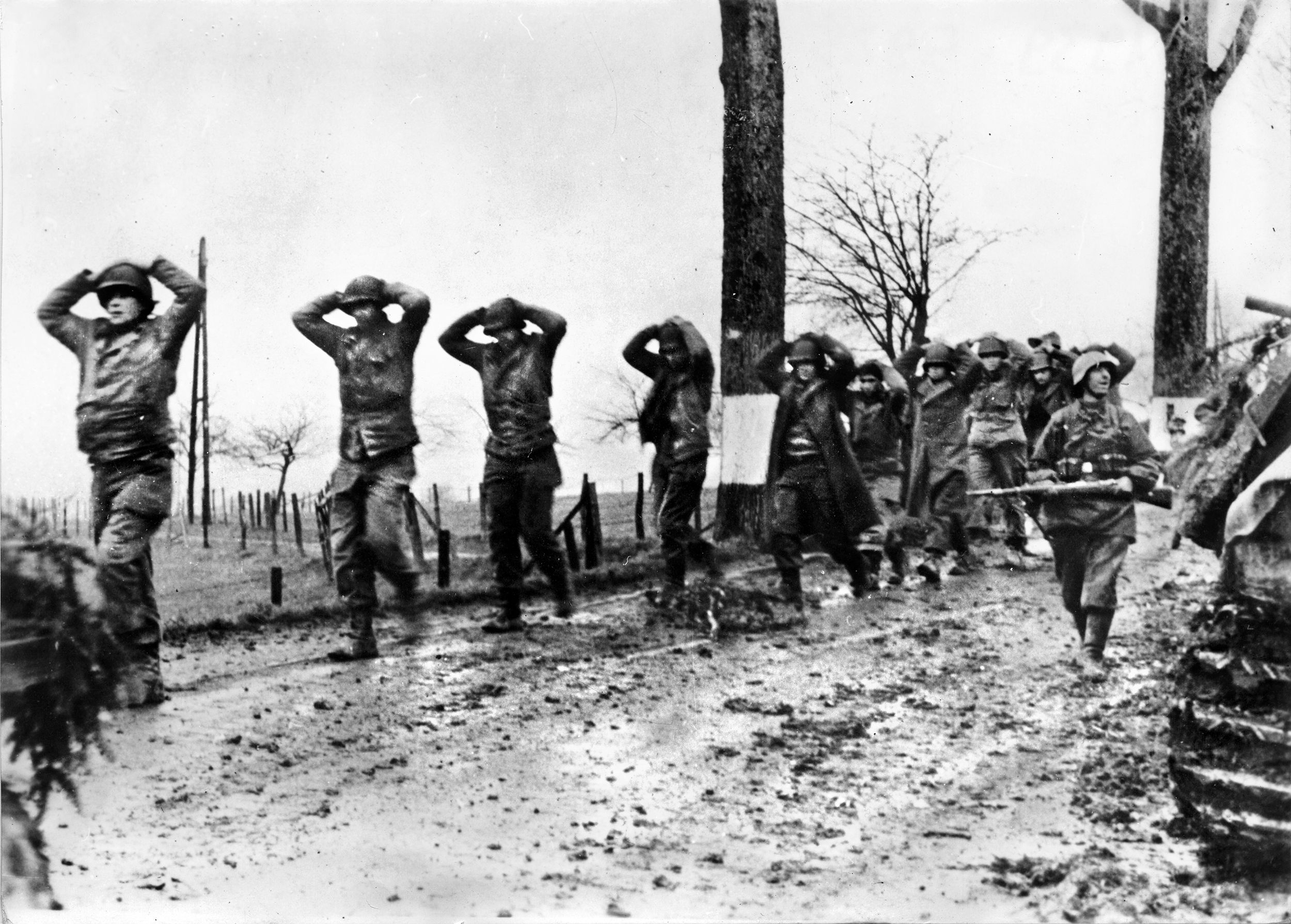
Bill O’reilly’s book lacks research and is full of his asides and personal opinions passed off as part of history. It is what I would call an “agenda” book like all the rest of his books. My students only read the Patton book to learn how not to write history. The astonishing thing is I do not say a word about the book, the students find out on their own and bring questions to class. In this regard it is an excellent book.
Educator, U.S. History
Mr. Templeton is showing his bias calling all of Bill O’reilly’s books unfounded. It sounds to me like Mr. Templeton is not teaching education but brain washing students. I feel bad for those poor students. They will fall into the trap of history, “Those who do not study history are doomed to repeat it”. In my opinion Mr. Templeton is not qualified to teach anyone anything.
Patton would of been the future Prez, ike got him out the way early. It’s as simple as that.
I agree wholeheartedly – in many ways….
At least they let him win the war.
RIP Sir.
Think about it . Not one Communist war criminal. Ever. My 3 uncles died in Nazi camps. Still, anytime asked mom always said the Reds were the worst.
Steven i agree in whole regarding mr templeton, but the O’reilly book on Patton was a weak effort. There was no real information. No inference…no conclusion. It was an expanded wiki page in my opinion.
That was a agenda response right there wasn’t it? I believe without a body or (autopsy) everything is speculative, just heresy.
All of the proof was buried with the General.
Best,
James….
Patton was assinated anyone with a pea sizes brain would add it up Patton had he lived been president instead of ike there would have been no cold war because Russia would have been defeated by u.s. not with England’s bleasing.they were scared!!!
Ike’s tactical errors and political motivations are responsible for so many deaths in the Ardennes. Patton got results, Monty didn’t. That Ike favored Monty over Patton is unconscionable.
Agree 100% almost two million Germans killed or wounded, mans a hero and a human wrecking ball.
James
Just how would they have been defeated? There would have been no stomach for a war with the Soviet Union, allied troops wanted to go home and there is no way that war weary civilian populations could have been persuaded to go along with another war.
Scared?! The Americans were the ones who stopped fighting as soon as they met up with the Russians on the Elbe. The British carried on fighting, crossing the Elbe to the north and losing men in the process, including my uncle (awarded a posthumous Military Cross).
When the Americans arrived in North Africa they were referred to by the battle-hardened British as, ‘our Italians’. A British Army friend, (now dead), told me that he was part of a unit that disarmed and marched US troops onto boats at gun point during the invasion of Sicily, otherwise they wouldn’t have gone. Weren’t these Patton’s ‘heroes’? It is surprising that he is only recorded as losing his temper with them on a couple of occasions. The Americans turned up late in the war and most were keen to get it over with.
The comments by the educator are totally off track. Sounds like his students learn how not to write history by attending his class.
If Patton have got the permision he could have shortenen the time of the war, and saved a lot of life. He might have pushed the russian back as he wanted and buy that there woulden have been a cold war. Im convinced the somebody have killed him, might have been the russian.
interesting to also note the involvement of the OSS (the US equivalent of the SS that then became the CIA) and as anyone knows they conduct ops against ‘friends’ as well as enemies.
As The Godfather once said, “ I don’t believe in coincidences.”
But why not exhume the body and look for Cyanide ?
Cause that would make to much sense
Best,
James…..
Patton was getting ready to resign from the Army, not retire. He was going to write a tell all book about how screwed up the war effort was. These mistakes cost many lives, and further the Allies were aware that the Russians had kept 15,000- 20,000 American and British pows that they had liberated, but failed to return them to the West. Patton knew of these secrets and was prepared to expose them to the public. So it is believable that his superiors wanted him silenced.
I believe it was the OSS and Wild Bill Donovan that took out Patton, take for example, when his wife died of an aortic aneurysm in 1953 while horseback riding, the Army refused to allow her remains to be buried with him at the Cemetery in Luxembourg, their children were forced to cremate their Mother and smuggle her ashes and spread them at his gravesite. Churchill was very upset with FDR for giving away Eastern Europe. The OSS had been making plans with the Russians for after the war.
How did FDR “give away” Eastern Europe? From the grave? You understand it was Truman who was president before the war ended, right? Please verify it for yourself and don’t take my word for it. It might be time to stop giving Truman a pass on EVERYTHING.
Pull his body out of the grave. Poison can be detected even now.